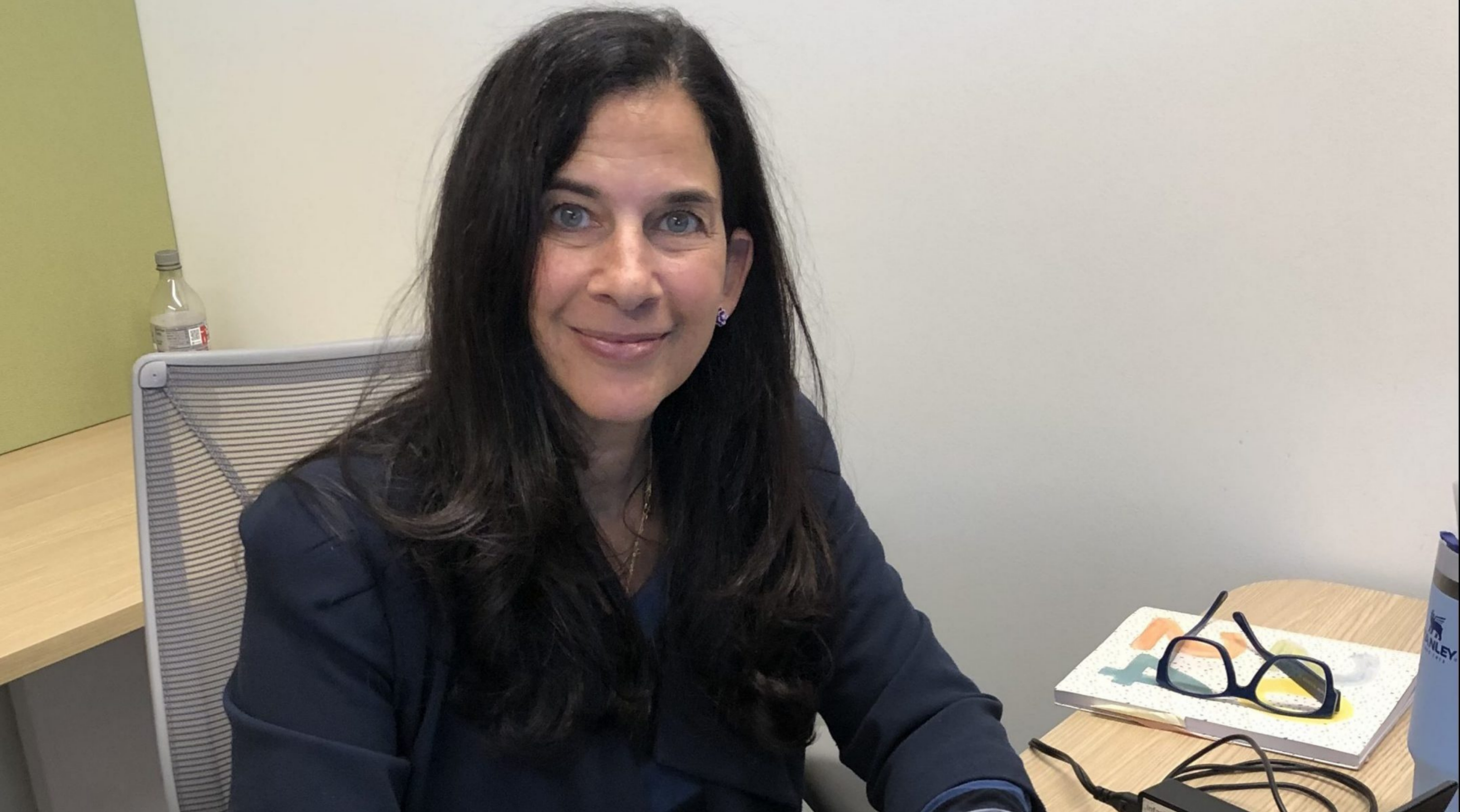I’ve been working full-time since the summer I graduated from college, about 100 years ago. I worked through two cross-country moves. I worked through years of fertility treatments and three international adoptions. I took maternity leave after the arrival of each of my children, but I promptly returned to work a few months later every time. I kept working when my daughter Dalia was diagnosed with MERRF Syndrome and worked still as her disease progressed over a dozen years. Fantasies about winning the lottery aside, I never thought about stopping.
To be clear, not working was never a viable option for me financially. But fantasies aside, working would have been a non-negotiable for me anyway, just as going to school was when I was a child.
So when one of Dalia’s nurses wrote me a letter challenging my decision to work in the face of Dalia’s disease, I was stunned.
“Dalia’s needs require your full attention. In my thirty years of nursing, I’ve never seen a child with needs as complex as Dala’s where a family member isn’t present at all times. When you’re with Dalia, if you’re thinking about work, you are risking Dalia’s safety. I tell you this because I think if you keep going this way, it’s only a matter of time before something catastrophic happens.”
My reaction to the letter was threefold.
- Why did she send this letter only to me and not my husband, too, even though I was the primary breadwinner and he was a better caregiver for our daughter?
- Talk about a sucker punch. I was gutted by her nerve and explicit judgment of one of my most personal decisions.
- Was she right?
But I didn’t perseverate for long on whether there was validity in her judgment because I knew that I was going to keep working, and that doing so didn’t just benefit me, it was important for the rest of my family, too.
Money, of course, is the obvious reason most of us who work do so. But suppose we take that out of the equation. When I thought about the nurse’s letter, I realized that even if we could make ends meet on one salary, I’d keep working outside the home.
If you’re like me, and especially if you aren’t, you might wonder why we’d keep working while caring for a medically complex child.
We work because while the illness defines so much about our lives, it doesn’t define our children, or ourselves. Soon after Dalia’s diagnosis, it became clear that our lives would never be the same. The disease changed us logistically, spiritually, physically, and emotionally. Yet I knew that the disease wasn’t the most important thing about who Dalia was as a human being…it didn’t even make the top-ten list. And if that was true for Dalia, didn’t it need to be true for her siblings and for my husband and me, too? Working on the other hand, was indeed core to my identity.
That became a model for my other children, too. It was important for all of my kids to see that our lives could go on in some semblance of a normal fashion. I wanted Dalia’s siblings to go to school and sports and parties and not feel guilty about it. Seeing me do things outside the home helped them feel okay about doing things that were important to them.
Perhaps surprisingly, working also made me a better caregiver. Caregiving is the most intense, important, and exhausting job I’ve ever had – by far. Getting a break allowed me to be more present when I was with Dalia. Unlike most other jobs, there’s no room for burnout in high-stakes caregiving. Going to another job some of the time makes us more present when we’re doing the work that matters most.
There’s also the inherent community we get from work. Having a child with a serious illness is incredibly isolating. Friends and family simply can’t relate to what it means to live on the precipice. It can feel like we’re living in a universe with a different language and a whole set of traditions that others don’t understand. The workplace is a culture of its own. By definition we have something in common with our colleagues and that becomes more precious when the rest of our lives feel so off kilter.
Most important, we work to remember who we were before the disease and to remember who we want to be after. It may be hard to recall life pre-diagnosis and impossible to imagine what life will look like in the future, but work can be a throughline from who we were to who we will become.
In the end, there are countless reasons we may choose to keep working and countless reasons we might choose not to as well. Just like with everything else we experience as medical caregivers, there’s rarely a clear right or wrong or “one size fits all” answer.
